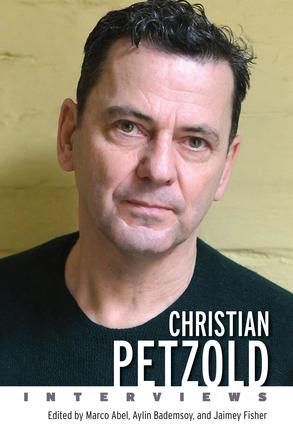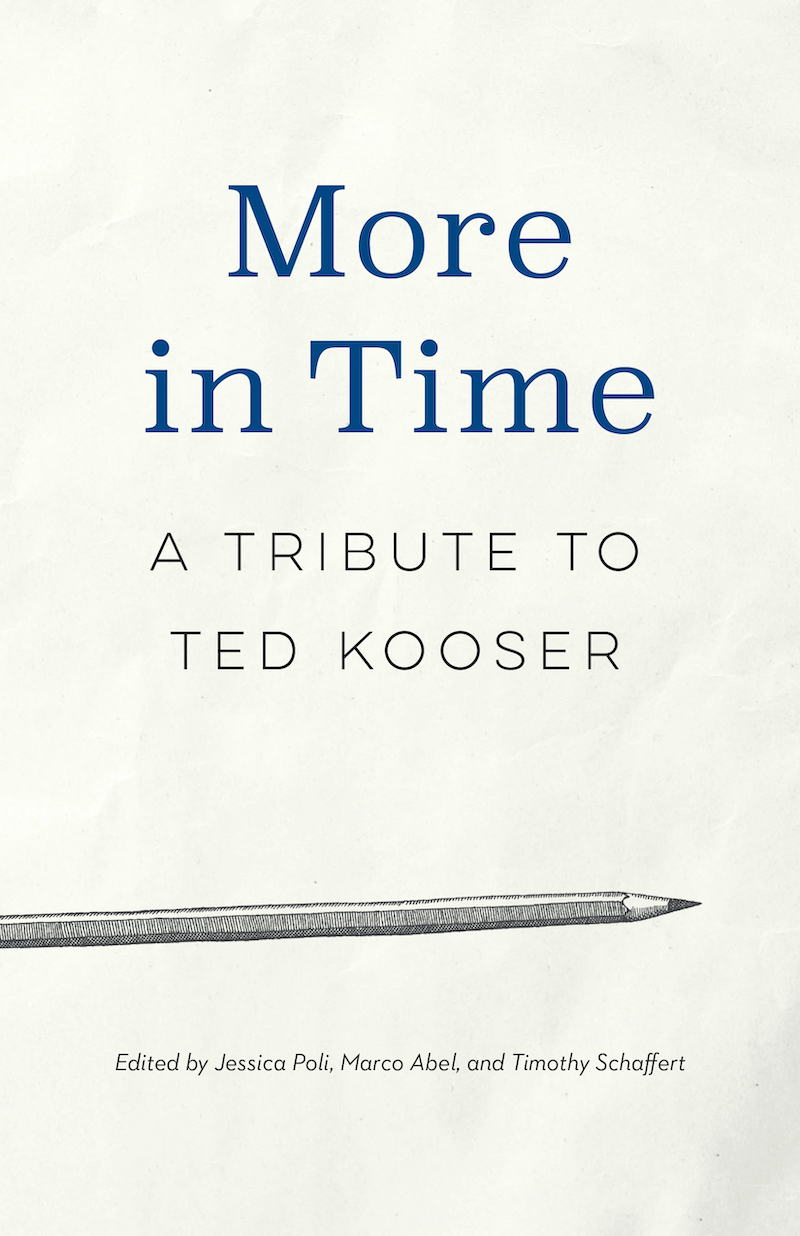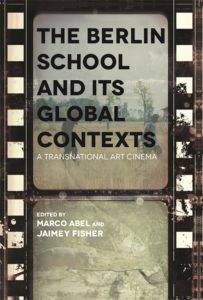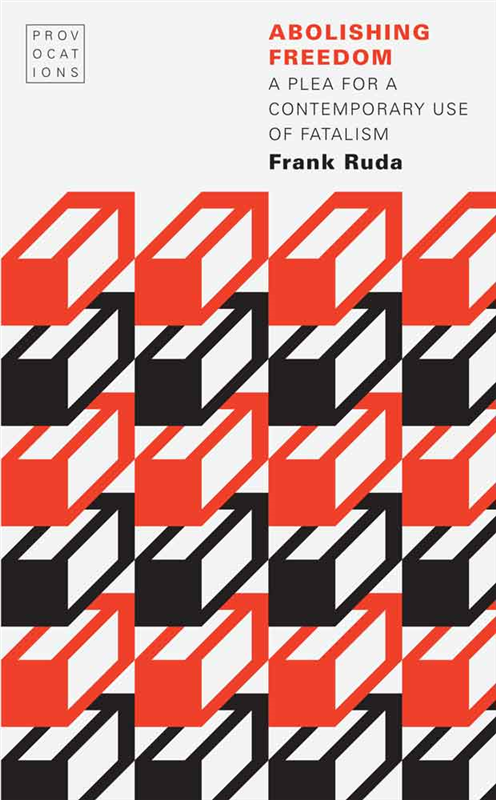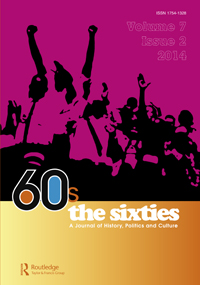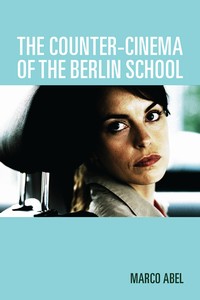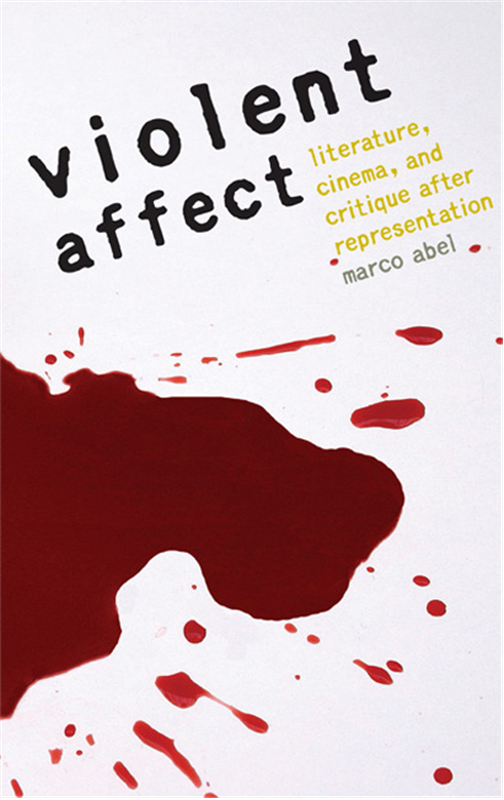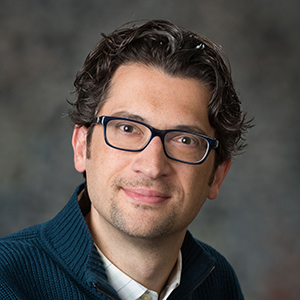
Courtesy Professor in Department of Communication Studies
Personal Teaching Statement
I am particularly interested in theorizing images from what one might call an a-signifying perspective. Rather than assuming that images re-present a preexisting world against which we can measure and evaluate an image's meaning, veracity, morality, and political viability, I approach images—cinematic or otherwise—from the idea, articulated by Jean-Luc Godard, that images are first and foremost “just images, not just images”: Images have force and do things, but they do not—at least not primarily—bear or represent meaning; images work by their constitutive intensities and affects rather than by re-presenting something in a way that may or may not be just or justified. Hence, the question to ask about images is less, “What does it mean?” than “How does it work?” and “What does it do?”
Selected Publications
After my first book, Violent Affect: Literature, Cinema, and Critique after Representation (University of Nebraska Press, 2007), I switched my research focus to contemporary German cinema. In addition to a host of articles on and interviews with contemporary German filmmakers, I also published two books on the subject: The Counter-Cinema of the Berlin School (Camden House, 2013), which won the German Studies Association prize for Best Book 2014, and as co-editor Im Angesicht des Fernsehens: Der Filmemacher Dominik Graf (text + kritik, 2010), which at the time was the first book on what is arguably Germany’s greatest contemporary genre filmmaker. Also as co-editor I’m currently working on A Transnational Art-Cinema: Berlin School and Its Global Contexts (under contract with Wayne State University Press, forthcoming 2018/19), Celluloid Revolt: German Screen Cultures in the Long Sixties (under contract with Camden House, forthcoming fall 2018), and a special issue on Berlin School filmmaker Christian Petzold for Senses of Cinema (forthcoming summer 2017).
I have also co-edited a special issue for The Sixties: A Journal of History, Politics and Culture, “What was Politics in 68? A Special Issue on the West German Sixties,” which appeared in 2015. This last project connects with a new research project I’m in the process of developing, which deals with the so-called New Munich Group of filmmakers (specifically, Klaus Lemke, Rudolf Thome, Max Zihlmann, Roger Fritz, Martin Müller, and the duo May Spils/& Werner Enke) of the mid to late 1960s. Together with my departmental colleague, Roland Végső, I’m also co-editor of the book series, Provocations, which the University of Nebraska Press publishes.
Essays I’ve published on German cinema include:
- With Roland Végső. “Biopolitical Education: The Edukators and the Politics of the Immanent Ourside.” Studies in Twentieth and Twenty-First Century Literature 40.2 (summer 2016) (special issue on “On 24/7: Neoliberalism and the Undoing of Time,” eds. Necia Chronister & Lutz Koepnick): 11,000 words.
- “Henner Winckler: Filming Without Predetermined Results.” Senses of Cinema 77 (December 2015): 11,3000 words ms.
- “Introduction: What Was Politics in '1968' in West Germany?” With Alexander Vazansky. Introduction to “What was Politics in 68? A Special Issue on the West German Sixties.” Eds. Alexander Vazansky and Marco Abel. The Sixties: A Journal of History, Politics and Culture 7.2 (12/2014; published summer 2015): 83-98.
- “Seeing and Saying.” Berlin School Glossary: An ABC of the New Wave in German Cinema. Eds. Brad Prager, Kristin Kopp, Lutz Koepnick, and Roger Cook. London: Intellect, 2013: 231-237.
- “Yearning for Genre: The Cinema of Dominik Graf.” Generic Histories of German Cinema: Film Genre and Its Deviations. Ed. Jaimey Fisher. Rochester: Camden House, 2013: 261-284.
- “The Agonistic Politics of the Dreileben Project.” German Studies Review 36.3 (summer 2013): 607-616. This is my contribution to “The Berlin School (1): The DREILEBEN Experiment,” Marco Abel and Christina Gerhardt, eds., German Studies Review 36.3 (2013): 603–642.
- “The Minor Cinema of Thomas Arslan: A Prolegomenon.” Turkish German Cinema in the New Millennium: Sites, Sounds, and Screens. Eds. Sabine Hake and Barbara Mennell. Oxford & New York: Berghahn Books, 2012: 44-55.
- “22 January 2007: Film Establishment Attacks 'Berlin School' as Wrong Kind of National Cinema.” A New History of German Cinema. Eds. Jennifer Kapczynski and Michael Richardson. Rochester: Camden House, 2012: 602-608.
- “Sehnsucht nach dem Genre: Die Sieger von Dominik Graf.” In Im Angesicht des Fernsehens: Der Filmemacher Dominik Graf: 78-104.
- This essay is a translation of “Year for Genre: The Cinema of Dominik Graf,” Generic Histories of German Cinema: Film Genre and Its Deviations, Jaimey Fisher, ed. (Rochester: Camden House, 2013).
- “The Counter-Cinema of the Berlin School.” Cinema and Social Change in Germany and Austria. Eds. Gabriele Mueller and James M. Skidmore. Waterloo, Canada: Wilfrid Laurier University Press, 2012: 25-42.
- “'A Sharpening of Our Regard': Realism, Affect, and the Redistribution of the Sensible in Valeska Grisebach's Longing [Sehnsucht].” In German Language Cinema in the New Millennium: Beyond the Cinema of Consensus? Eds. Paul Cooke and Christoph Homewood. I.B. Taurus, 2011: 204-222.
- “Die Sieger.” Quarterly Review of Film and Video 27.5 (2010): 410-413.
- “Imaging Germany: The (Political) Cinema of Christian Petzold.” The Collapse of the Conventional: German Film and its Politics at the Turn of the New Century. Eds. Jaimey Fisher and Brad Prager. Detroit: Wayne State UP, 2010: 258-284.
- “Yearning for Genre: The Films of Dominik Graf.” Cine-Fils: Cinephile Interview Magazine (http://www.cine-fils.com) March 2010: 4,000 words.
- “Underground Film Germany in the Age of Control Societies: The 'Cologne Group'.” Quarterly Review of Film and Video 27.2 (2010): 89-107.
- “Failing to Connect: Itinerations of Desire in Oskar Roehler's Post-Romance Films.” New German Critique 37 (1 109) (Winter 2010): 75-98.
- “Intensifying Life: The Cinema of the 'Berlin School'.” Cineaste: America's Leading Magazine on the Art and Politics of the Cinema online 33.4 (Fall 2008): 7,800 words.
- Reprinted in Portuguese as “Intensificando a vida: o cinema da 'Escola de Berlim',” trans. Cristian Borges, in Nova Cinema Independente Alemão: Uma outra politica do olhar, ed. Cristian Borges (São Paulo: Centro Cultural Banco do Brasil 2009): 22-39. This catalogue accompanied a retrospective of the Berlin School that took place in São Paulo 11 February - 1 March, 2009.
- Slightly revised and reprinted in German as “Das Leben intensivieren: Das Kino der 'Berliner Schule',” trans. Sabine Wilke, in Literatur für Leser 54 (2/10): 113-125 (published April 2011).
- “The State of Things: More Images for a Post-Wall Reality—The 56th Berlin Film Festival.” Senses of Cinema 39 (April-June 2006): 8,400 words. Access at http://sensesofcinema.com/2006/festival-reports/berlin2006/.
- “Images for a Post-Wall Reality: New German Films at the 55th Berlin Film Festival.” Senses of Cinema 35 (April-June 2005): 5,500 words. Access at http://sensesofcinema.com/2005/festival-reports/berlin2005/
Prior publications on American Literature, Film, and Continental Theory include:
- “Intensifying Affect.” Electronic Book Review, October 2008: 11,000 words.
- “Don DeLillo's 'In the Ruins of the Future': Literature, Images, and the Rhetoric of Seeing 9/11.” PMLA 118.5 (October 2003): 1236-1250
- “Speeding Across the Rhizome: Deleuze Meets Kerouac On The Road.” Modern Fiction Studies 48.2 (! Summer 2002): 227-256.
- Judgment is not an Exit: Toward an Affective Criticism of Violence with American Psycho.” Angelaki 6.3 (December 2001): 137-154.
Education
Ph.D. (2003), Pennsylvania State University
M.A. (1997), Pennsylvania State University
B.A. (1995), Georgia State University
Areas of Interest
Film Studies, with a specialization in Film Theory, European Cinema, and American Cinema
Critical and Literary Theory, with a specialization in French post-structuralism and the Frankfurt School
Contemporary American Literature, with a specialization in fictional expressions of violence
